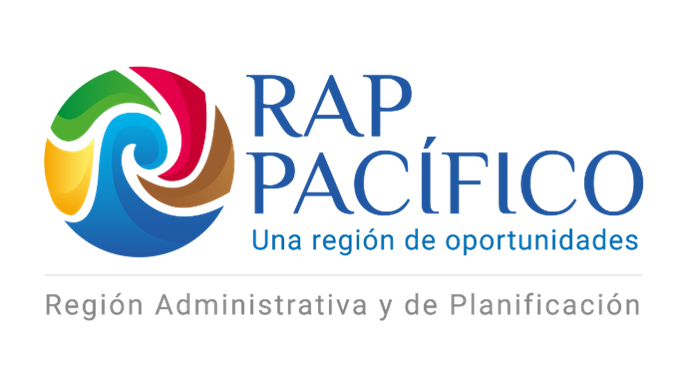ORU-Fogar emphasizes a territorial view of Post-2015
The prefect Paul Carrasco, also as president of ORU-Fogar, has defended a territorial vision of the Development Goals at the High Level Global Dialogue on Localizing the Post-2015 Development Agenda. The event, which was organized by UNDP and Global Taskforce of Local and Regional Governments, has taken place in Turin on October 14th and 15th. The consultation has gathered a very high level attendance of governmental representatives from many different countries and municipalities, with a very special African presence, from Malawi to Tanzania, going through Burundi or Ghana.
With such a high presence of municipal authorities, greater emphasis has been put on demanding more attention to growing urban areas, as they are in need of many resources to ensure basic services. In this context, the president of ORU-Fogar has proposed a more global view, which will contemplate the urban growth in a territory that according to him, “we should try to make it balanced”.
“If we talk about the localization of the Development Agenda – the prefect has said – the questions that we should wonder are: Who does what? Who plans it? Who executes it? Who coordinates it? Who controls it? This must be clear and civil society and people must know who is responsible for each policy. And, in ORU-Fogar, we know that local and regional authorities, from all over the world, have a great capacity of planning and executing”. The president of ORU-Fogar has therefore expressed opposition to allowing duplication. “If the local and regional authorities have these capacities of planning and executing –he added – national governments should not create duplications in the territory that generates political attrition, economical waste, useless bureaucracy, disarticulation, and at the same time they invalidate the planning exercises”.
The meeting concluded with recommendations that highlighted the need of having financial resources in the territory. They also advocated a territorial and multi-level view of development in which all political actors are seen involved in achieving the goals and that remarked the need to respect cultural diversity, including indigenous people.







































































